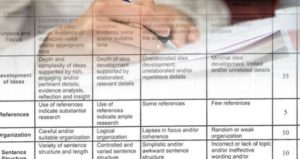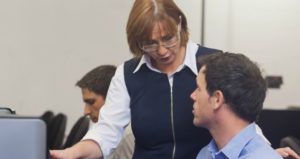
Expectations, Underestimations, and Realities
Here’s a strategy you can tuck in your folder of good ideas: a survey tool for assessing student expectations for the course. The survey’s designers believe that knowing what students expect is helpful. They also cite research documenting that discrepancies between teacher and student expectations











